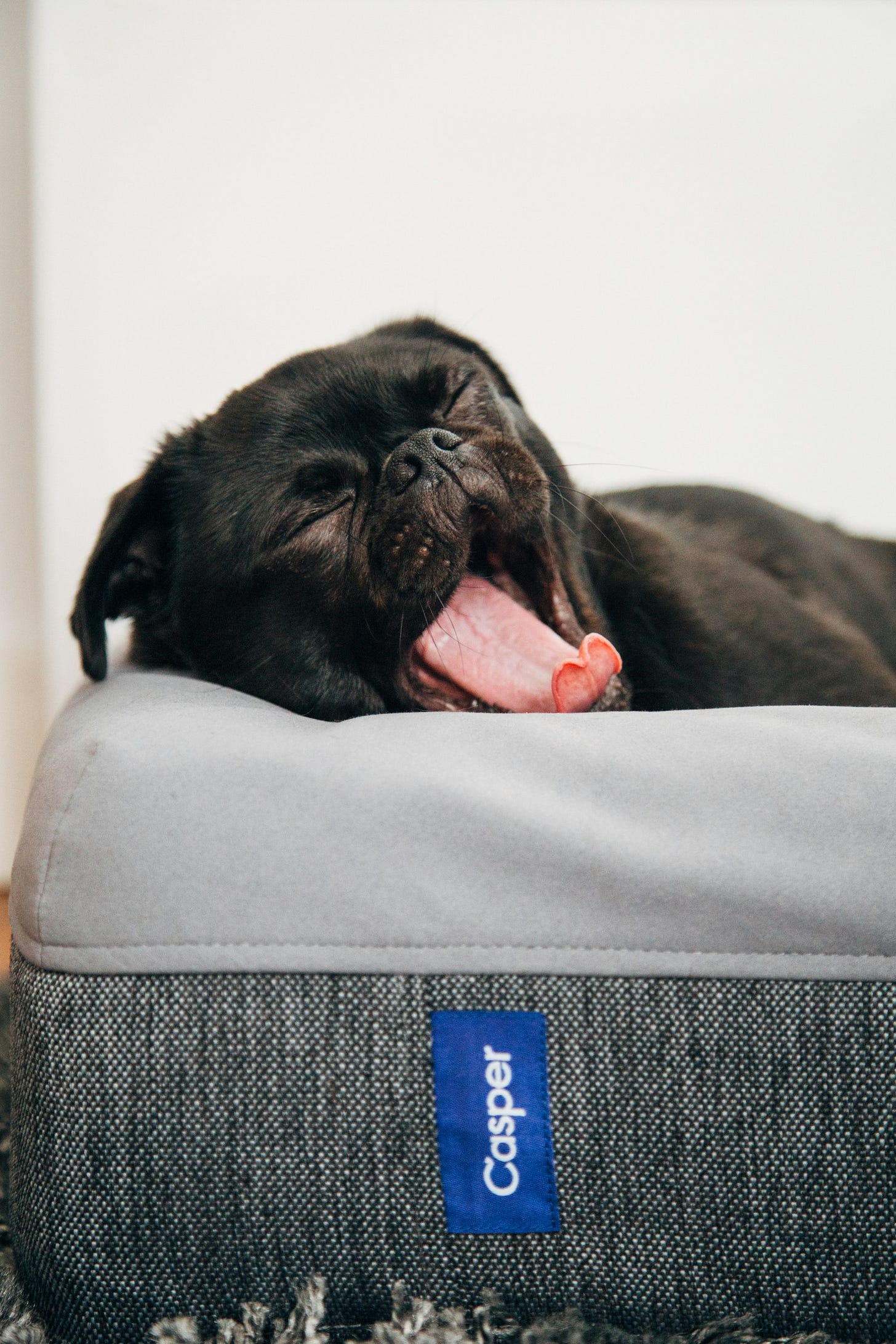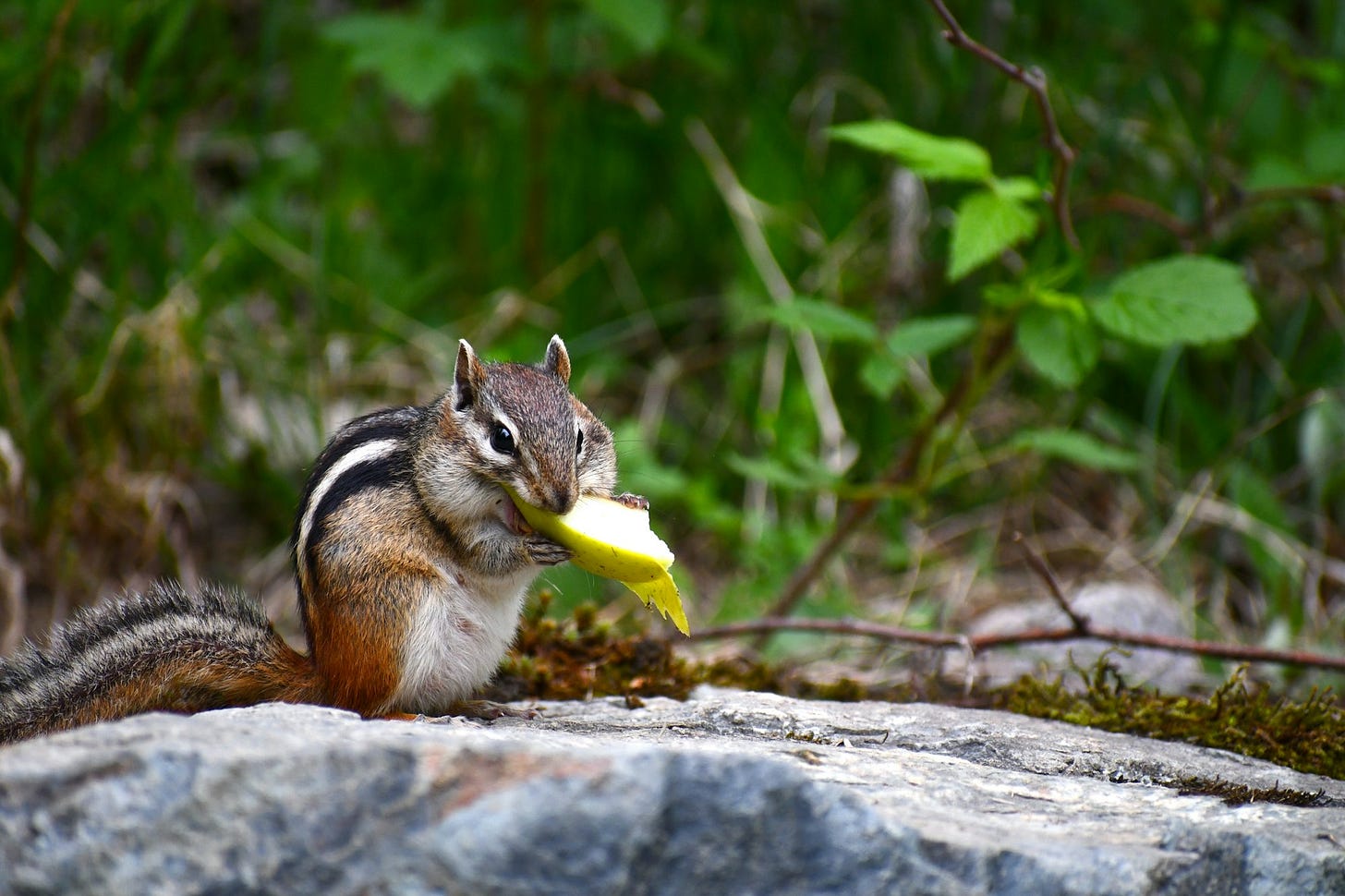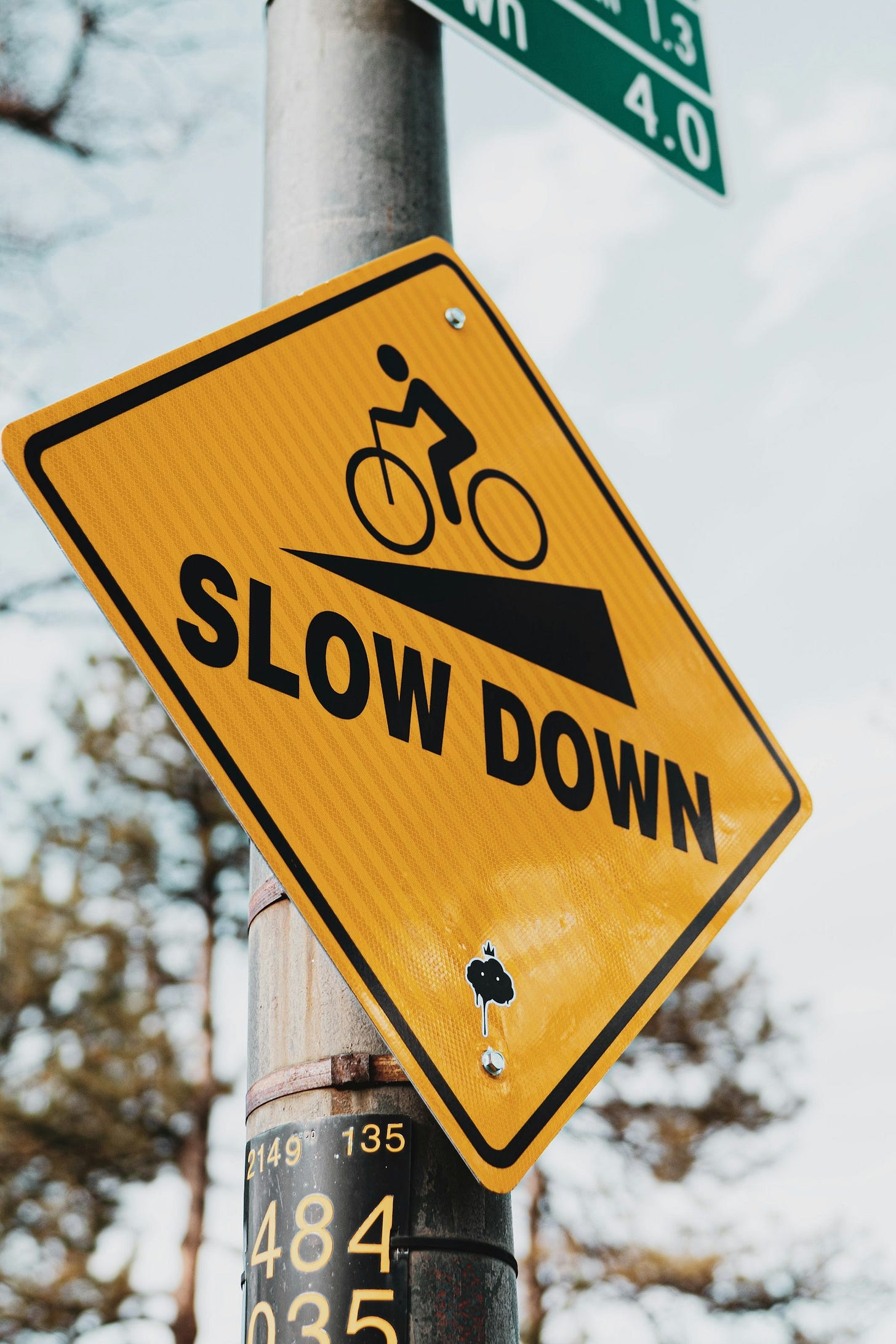I tried... breathing better

Why breathe better?
Continuing on the path of overall health and fitness by looking at different aspects which affect it, last time I talked about how one can improve their sleep, if you haven’t checked that out already, you can do so here. This time I’ll be talking about another important aspect of your health, that’s as you guessed it, breathing. Something as simple as breathing which we all do involuntarily at all times, even as you read this, is super important when it comes to your health especially given the recent pandemic which is affecting people’s ability to breathe correctly. Now although we all do it but are we doing it correctly? Can we improve on it? Let’s find out.
What are my options?
During the pandemic when I came across James Nestor on the JRE podcast, I found his work really interesting in the area of breathing. I have struggled with breathing for quite some time and suffer from a blocked nose pretty often. Given my own history with breathing and being the health nut that I am, I picked his book “Breath: The New Science of a Lost Art”. The book was honestly an eye-opener for me and I highly recommend it to anyone who’s interested in learning more. In the book, James talks about how breathing in humans has worsened observed from the changes in the human skeleton over the years. Throughout the book, he discusses things that one can do to improve their breathing. Here I’ll be talking about my experience with these and how it helped me improve my breathing. So let’s dive in, starting with the most important.
Mouth breathing

The book starts off with a whole section on mouth breathing and how it can be the single most detrimental thing for your health. This usually happens during the night unknowingly and given everyone usually sleeps for around 1/3rd of your day this can be a substantial amount to disrupt your health. Now first thing is how do you know you’re mouth breathing when you’re sleeping? The most common sign, in my opinion, is if you snore while sleeping as mouth breathing is the leading cause for snoring. Another common way to tell if you mouth-breathe is if you wake up with a sore throat. This is how I found out I was mouth breathing especially when I was suffering from a cold. The resolution for this is simple, you simply shut your mouth while sleeping. In the book, James talks about taping his mouth shut using a small piece of tape or bandaid placed on the center of your lips to prevent mouth breathing before going to bed. As weird as it sounds, it actually works. I tried it the very next day I suspected mouth breathing during my cold and the next morning my throat wasn’t sore. Now the logical question is if your nose is blocked and you restrict your mouth won’t you be out of breath in the middle of the night? You will and that’s where you may get up in the middle of the night because of this. However, that’s when you address the real problem of the blocked nose (How? Keep on reading) rather than using your mouth, trust me it’s worth it.
Mewing & Chewing

Yes, you read that right, mewing and chewing can improve your breathing. In the book, James explains how over the centuries our food has gotten softer which involves lesser chewing. While this makes it easier to consume, the adverse effect this has is on the structure of the jaw which over the years because of having to do lesser work has changed its anatomy becoming smaller which adversely affects breathing. To counteract this, the book recommends doing two things mewing and chewing. Mewing is a simple exercise in which you stick your tongue to the top of your mouth, read more here. For me getting it right took some time. The other way is to chew more by including foods in your diet which involve a certain amount of chewing. I was able to make this change by adding fruits, grains, and similar things to my diet.
Slow & Less

If you’re curious about how ideal breathing looks like? The book recommends this be “slow” in pace and “less” in repetitions. Breathing slow prevents health problems, improves athletic performance, and more good stuff by balancing oxygen and carbon dioxide levels in the body. Basically in simple terms breathing slow helps you get more from the air and I’m all about it. On the other hand, breathing less helps you develop CO2 tolerance which in turn improves your VO2 max. Basically, you live longer and are fitter. From my experience knowing this isn’t enough because almost all the time you’re breathing unconsciously, so the way to make this change is by training your body through practice. I do this by including breathing exercises in my routine like any other physical exercise, more on these below. From my experience, the best way to include these is with a meditation practice. It helps you stick with it and some of these are perfect to get your body in the right state for meditation but you can definitely skip the meditation part and just do these. More on my meditation practice coming soon.
Breathing exercises

Improving your breathing needs practice like any other thing in life and this can be done with breathing exercises. These are patterns of breathing that you follow for a specific amount of time. The book mentions many such exercises and techniques, an example being the Butyeko technique that helps you optimize your breathing. If you’re curious and want to give these a try you can find them here. I have tried all of these and wanted to throw some light on the ones that helped me the most and the ones I keep coming back to. As mentioned earlier I struggle with a blocked nose quite often and after having tried many remedies like nasal sprays, an easy and effective way I found was to do the nose unblocking exercise. Another one that I found super helpful especially for relaxing the body before you sleep is the 4-7-8 breathing technique if you’re in bed awake, give this a try and it helps you fall asleep faster by relaxing your body. Finally, one that I use the first thing in the morning to measure my recovery from previous physical activity is the carbon dioxide tolerance test. This is the easiest way to tell how well you’ve recovered, well this and you’re grip strength. I also found it helpful to perform these exercises in a guided manner with someone doing the counts for me by following a youtube video and highly recommend you start with this.
My experience
Pros: Improving your breathing has multiple benefits which in turn affect other aspects of your health. Similar to improving your sleep, it also requires a conscious effort, and making small changes like the ones mentioned here can go a long way.
Cons: Like most of the good things in life, some of the changes to improve your breathing are a little difficult to start with. Something like switching to mouth breathing by taping your mouth may seem difficult at first, you may even wake up at times in the middle of the night. Here’s where sticking through it matters. Also with the breathing exercises, we all have a starting point, you may not be able to do these at first or may feel out of breath. Here’s where I suggest focusing on incremental gains rather than the final goal.
Verdict
With this, the aim was to bring light to this area of your health which is somewhat ignored but truly important as proven by the recent pandemic. So as always, I’d highly recommend you to try out some of the mentioned tips to give your breath the importance it deserves.

Thanks for stopping by. Let me know your thoughts and what other categories you would like me to talk about. Have a great day!

